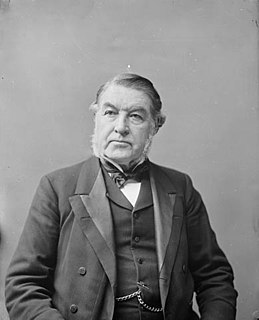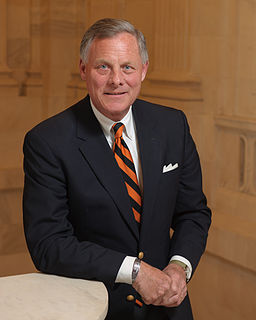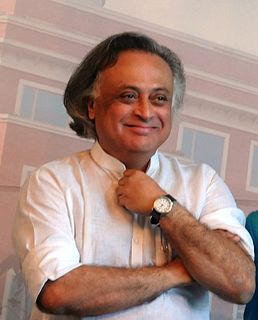Цитата Гилберта К. Честертона
Английский опыт показывает, что когда две великие политические партии соглашаются в чем-то, это, как правило, неправильно.
Связанные цитаты
До сих пор обе политические партии умело и эффективно скрывали эту новую реальность. На самом деле две партии сформировали новаторский вид картеля — договоренность, которую я назвал политической дуополией Америки. Обе стороны лгут о том, что каждая из них продала себя финансовому сектору и богатым. До сих пор обоим в значительной степени удавалось лгать, чему отчасти способствовало огромное количество денег, которое сейчас тратится на вводящую в заблуждение, манипулятивную политическую рекламу.
Их [BBC] идея двухпартийности состоит в том, чтобы попытаться не оскорбить Консервативную партию, попытаться не оскорбить Лейбористскую партию. Ничего кроме этого не анализируется, и эти две партии абсолютно идентичны, следуя одной и той же неолиберальной политике в течение тридцати лет. . И это не критика вне этого, а просто сектантское потворство этим двум отдельным партиям, этим двум отдельным организациям. Они по-прежнему делают много отличных программ и делают много замечательных вещей, но политический анализ в этом плане не слишком широк.
Люди, которые основали американское правительство, основатели Конституции, не любили политические партии, но они были вынуждены их создавать. Никто никогда не создавал политических партий в Англии, они развивались. И есть, как правило, две общие тенденции, которые сосредоточены на том, сколько правительства, по вашему мнению, вам нужно.
Одна вещь, которую я честно решил, заключается в том, что когда дело доходит до политической реформы, у нас есть две консервативные партии в британской политике. И Лейбористская, и Консервативная партии постоянно и неоднократно не выполняли данные ими обещания о реформировании, очистке и модернизации нашей изношенной системы.
Выборы в Индии — это не состязания личностей. В конечном итоге это сражения с участием политических партий; обещания и обещания, которые дают политические партии; видение и программы, предлагаемые политическими партиями. Так что, несмотря на то, что стиль Моди — «я, я, я сам», я не считаю выборы 2014 года соревнованием Моди против Рахула.
Мы все согласны с тем, что ни правительство, ни политические партии не должны вмешиваться в деятельность религиозных сект. В равной степени верно и то, что религиозные секты не должны вмешиваться в деятельность правительства или политических партий. Мы верим, что от такого вмешательства страдают и дело хорошего правления, и дело религии.





































